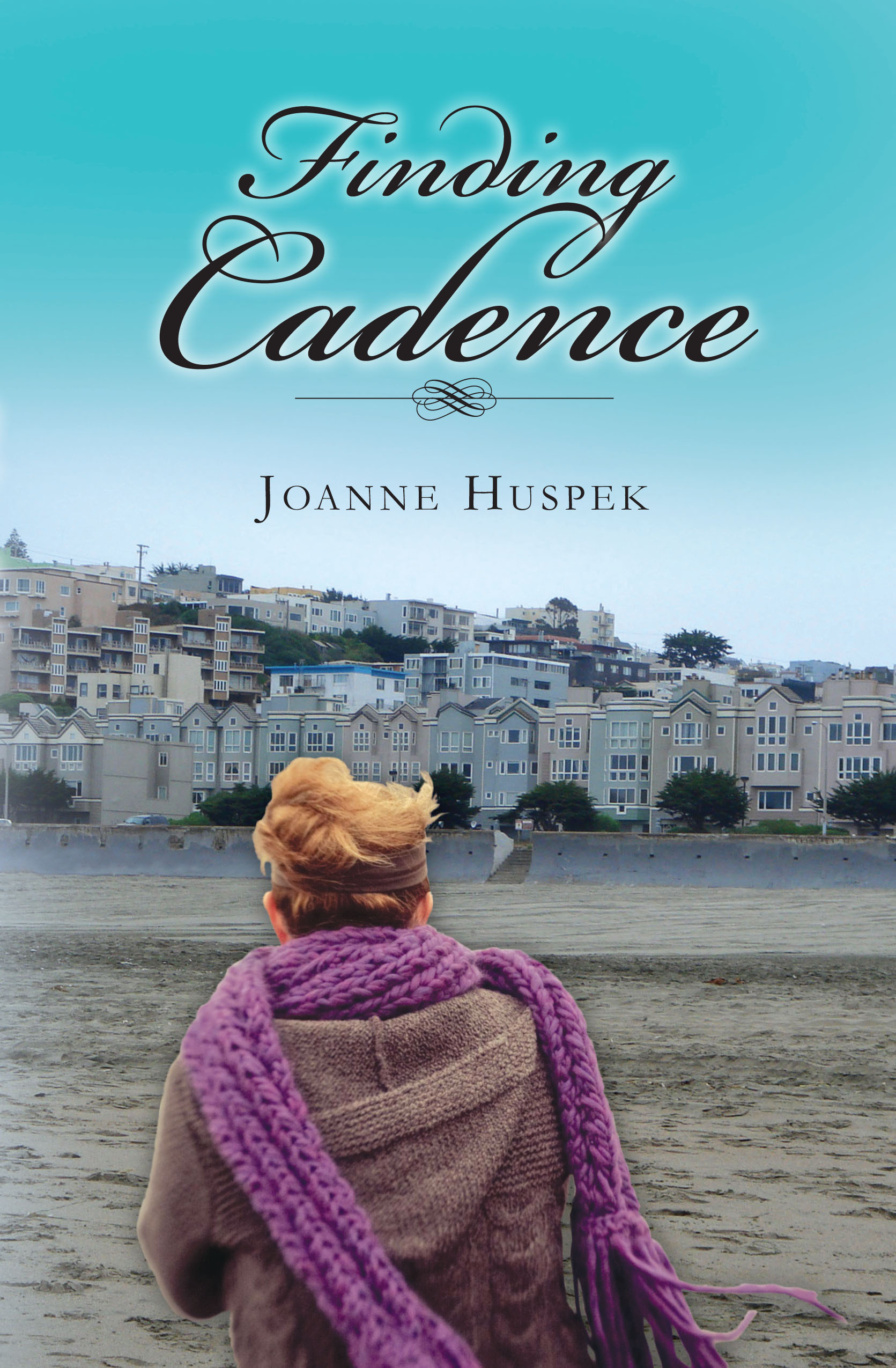A long, long time ago (holy cow, five years ago!), I wrote this article about kicking my muse to the curb.
Thanks to a workshop at the San Francisco Writers Conference this year, I have changed my mind.
When I first started writing – back in the day when dinosaurs ruled the earth – I subscribed to the idea of a muse. My muses would invariably take the form of human beings. Most likely, they would be human being males that I was romantically involved with, or were men I longed to be involved with, or were guys who had snubbed me and therefore I wrote as a way to beat down my enemies with the power of my words. I’d never really puzzled through the fact that my relationships (i.e. muses) were somehow compelling me to write, that they were responsible for my thoughts. All I knew is that I was most prolific in times of conflict and angst.
As a writer, it’s nice to have a fairy godmother muse to sit on your shoulder. She can tap you with magic dust whenever you need her and voila! you begin to type as though your keyboard is on fire and you only have twenty minutes to get it down before it spontaneously combusts, Mission Impossible style.
Yee-ahhhh… That might work for some people. I happen to be more pragmatic. If I don’t cattle prod myself to write something everyday, I’d never have completed three novels. Which is why I decided back in 2009 to kick my muse to the curb and set a schedule.
Five years after writing that article, I wandered into a SFWC workshop totally by accident (because the workshop I’d wanted to attend was standing room only and I really needed to sit down) with Lisa Tener regarding writing in the zone. She insisted that we must find a muse, and went about describing other writers’ various muses: mice, insects, old men, young children, birds, etc. Dictionary.com’s definition is the goddess or the power regarded as inspiring a poet, artist, thinker, or the like.
Our first task was to close our eyes and imagine ourselves going down a path in the woods toward a house where we would then introduce ourselves to our muse. We’d ask for direction and guidance.
(You can imagine here how I reacted. With total skepticism. And with horror, as I had killed off my own muse a long time ago. If I revived my muse, I feared he/she would probably kick my ass in retaliation.)
I decided to humor her and play along, but when I got to the house (invariably located in Golden Gate Park) and opened the door, instead of a room, I walked onto the large plain of Ocean Beach.
I mentioned this, and Lisa said, “Yes! That’s good. Water can be a great muse, and the ocean is vast.” Whodathunkit?
Later on, as I was sorting through my handouts of the day, I thought about using the ocean as a muse. Haven’t I been doing it all along? Isn’t that why I return to San Francisco on a regular basis? To stay by the beach, walk near the water, fight a biting wind, collect my thoughts? Isn’t this where my stories are born? My attachment is so great, I’ve used the photo of the Richmond, taken from the beach, on my blog. This photograph has been enlarged and framed and hangs over my bed, so when I feel a need to connect to Ocean Beach, I can look at it whenever I want.
I might have wanted to deny my muse, but I will no more. After all, it’s been there the whole time.








3 Responses to Writing: On Which I Yield to the Idea of a Muse